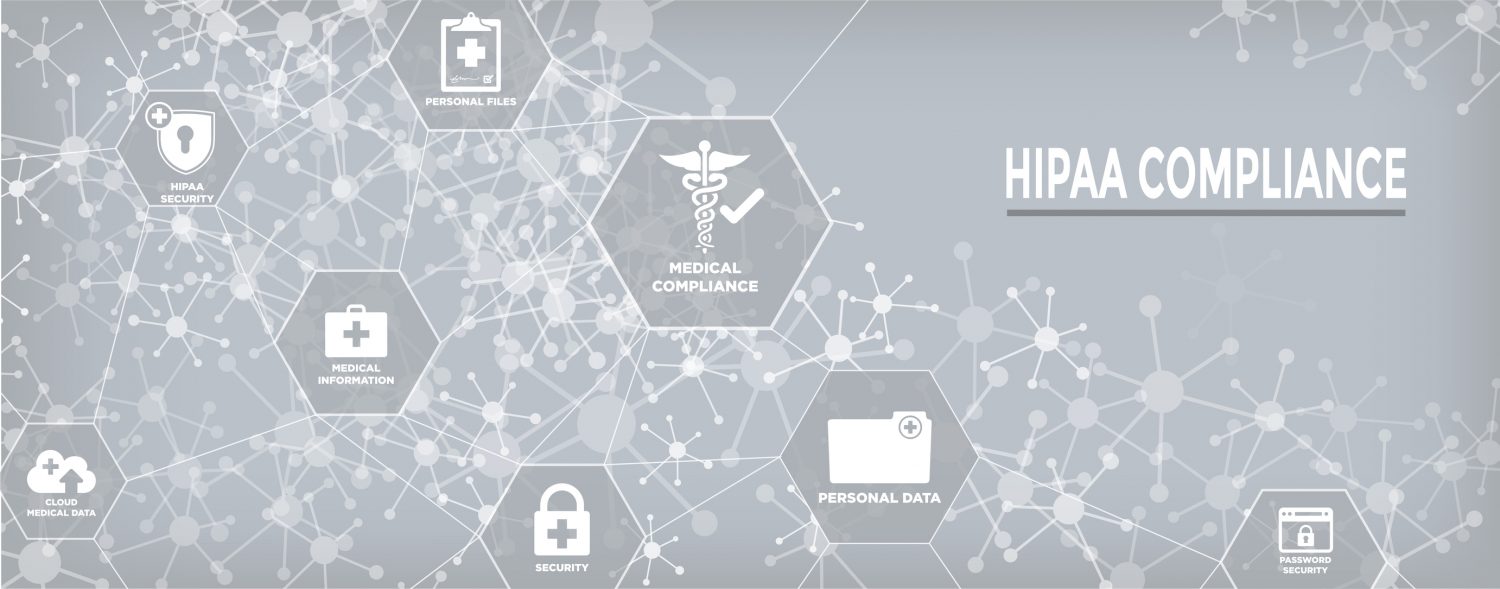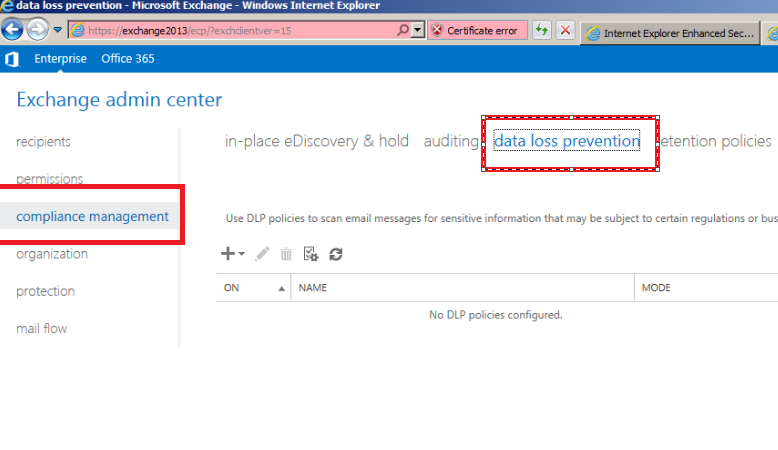August 2, 2018 by Siobhan Climer
It’s no secret that collaboration is key to improving patient outcomes in healthcare. At the heart of good patient care is empathy, and empathy is achieved through communication. As Dr. Luke Fraley of Michigan Medicine writes, “There is no procedure code for empathy rendered.”
The care team should act like a well-oiled machine, each gear spinning purposefully toward a healthier, happier patient population. Healthcare organizations can improve care team collaboration with Office 365, a unified communication and collaboration (UCC) tool. A UCC platform is vital to the lifeforce of a strong healthcare team.
How Collaboration Improves Patient Experience
Individual general practitioners used to make every health decision for their patients; today, the silos in healthcare are breaking down. Increased collaboration means increased learning, both for young medical professionals and experienced doctors. With access to more information, healthcare teams are now able to provide a better patient experience than any single doctor ever could before. But this is only true if teams truly collaborate. Otherwise, patients feel as though they are simply being shuffled from doctor to doctor. Collaboration works if it is personal and professional, which can be a tricky niche to find.
To make collaboration work for your team, creating a strategic technology roadmap is the first step to implementing a new technology, like UCC platforms. Better diagnoses happen with increased collaboration, and tools like Office 365 can improve care team collaboration by using messaging, video chat, email, image sharing, and voice tools to share, confer, and diagnose patients. When patients receive accurate diagnoses early on, their outcomes and experiences improve dramatically.
Using UCC To Improve Care Team Collaboration
 Care teams are no longer isolated on individual campuses; service providers often operate across multiple locations with specialists joining in on individual cases as needed to provide expertise. Using a video collaboration tool, like Skype, enables the team to join up for video calls and messaging regarding individual cases. Send a photo of a health issue for confirmation from a specialist or manage appointments and calendars. Telehealth is a growing communications-oriented sector within healthcare and implementing UCC tools puts your organization in a position to leverage technology for the benefit of your patients and staff.
Care teams are no longer isolated on individual campuses; service providers often operate across multiple locations with specialists joining in on individual cases as needed to provide expertise. Using a video collaboration tool, like Skype, enables the team to join up for video calls and messaging regarding individual cases. Send a photo of a health issue for confirmation from a specialist or manage appointments and calendars. Telehealth is a growing communications-oriented sector within healthcare and implementing UCC tools puts your organization in a position to leverage technology for the benefit of your patients and staff.
Deploying a cloud-based UCC platform alongside your organization’s EHR system increases the agility of your patient care team to respond and render care to patients. One of the number one complaints among healthcare teams is that EHRs force them to be less productive and spend more time on documentation. UCC platforms help to leverage technology to increase the time your medical staff can work with patients providing care, and less time performing logistical or administrative tasks. That means the team can be working together to improve care team collaboration.
Keep Your Regulatory Compliance Future-Proof
Patients care more now than ever before about data privacy. As recent backlash to Labcorp’s data breach demonstrates, the value of personal health information (PHI) is increasing. In fact, electronic health records (EHR) are worth 10x a U.S. credit card number on the black market. As such, patients are now demanding increased security from healthcare providers and their subvendors.
Congress passed the Health Insurance Portability and Accountability Act (HIPAA) in 1996. In 2013, the Final Omnibus Rule went into effect, and since then any service provider directly or indirectly processing, storing, or handling patient health information (PHI) must adhere to the standards and policies set forth in HIPAA. The 2013 omnibus ruling increased penalties, and healthcare IT executives have been reasonably cautious regarding security and compliance in the cloud.
Office 365 offers regulatory configurations specifically tailored for HIPAA compliance. By creating a data loss prevention (DLP) policy within Office 365, healthcare organizations can safely send PHI data (names, email addresses, documents, EHRs) in and out of your organization.
To create a HIPAA policy in Office 365, follows these steps:
- Open Office 365 and visit Exchange Admin Center
- Select Compliance Management
- Select Data Loss Prevention
- Click the ‘+’ sign to add a new policy
- Select ‘New DLP policy from template’
- Choose ‘U.S. Health Insurance Act (HIPAA)’
It’s as easy as that! Remember, though, cloud platforms are not the only compliance concern. Be sure to consider how individual employees share patient data. One of the benefits of Office 365 is that it is part of a wider collaboration platform. By making the full switch to the Office 365 UCC platform, which includes Skype for Business, WebEx Teams, SharePoint, and OneDrive, you can offer an integrated UCC toolset that makes information-sharing simple and consolidated. Working with a managed services provider can help alleviate the concerns over compliance, and share the responsibility of protecting data in the cloud from breaches. All of this works together to help improve care team collaboration.
Office 365: One Tool In Your Toolbox
![]() As with any platform, product, or technology tool, it will never solve every problem. One of the key elements of a successful UCC platform is that it integrates easily with the other tools your team already uses. Half of all respondents to the 2013 IDC Health Insights EHR Satisfaction Survey found EHRs do not follow current workflows. Finding a tool that integrates easily is essential for limiting new training and creating a more efficient medical care process.
As with any platform, product, or technology tool, it will never solve every problem. One of the key elements of a successful UCC platform is that it integrates easily with the other tools your team already uses. Half of all respondents to the 2013 IDC Health Insights EHR Satisfaction Survey found EHRs do not follow current workflows. Finding a tool that integrates easily is essential for limiting new training and creating a more efficient medical care process.
Office 365 is only one tool your team can use to improve care team collaboration. Developing a collaborative work culture, offering opportunities for professionals to work cooperatively to problem-solve and make evidence-based decisions, and creating an environment that values trust and respect are just as essential. At the heart of it all is collaboration.
W. Edwards Deming writes in his critically-acclaimed 1982 management text Out of the Crisis, “Teamwork is endemic to a system in which all employees are working for the good of a goal, who have a common aim, and who work together to achieve that aim.”
What better aim is there to work towards than a healthier, happier patient population?
Contact us today to discuss an Office 365 deployment or UCC platform assessment.
Like what you read?
About Mindsight
Mindsight, a Chicago IT services provider, is an extension of your team. Our culture is built on transparency and trust, and our team is made up of extraordinary people – the kinds of people you would hire. We have one of the largest expert-level engineering teams delivering the full spectrum of IT services and solutions, from cloud to infrastructure, collaboration to contact center. Our highly-certified engineers and process-oriented excellence have certainly been key to our success. But what really sets us apart is our straightforward and honest approach to every conversation, whether it is for an emerging business or global enterprise. Our customers rely on our thought leadership, responsiveness, and dedication to solving their toughest technology challenges.
Contact us at GoMindsight.com.
About The Author
Siobhan Climer, Science and Technology Writer for Mindsight, writes about technology trends in education, healthcare, and business. She previously taught STEM programs in elementary classrooms and museums, and writes extensively about cybersecurity, disaster recovery, cloud services, backups, data storage, network infrastructure, and the contact center. When she’s not writing tech, she’s writing fantasy, gardening, and exploring the world with her twin two-year old daughters. Find her on twitter @techtalksio.




